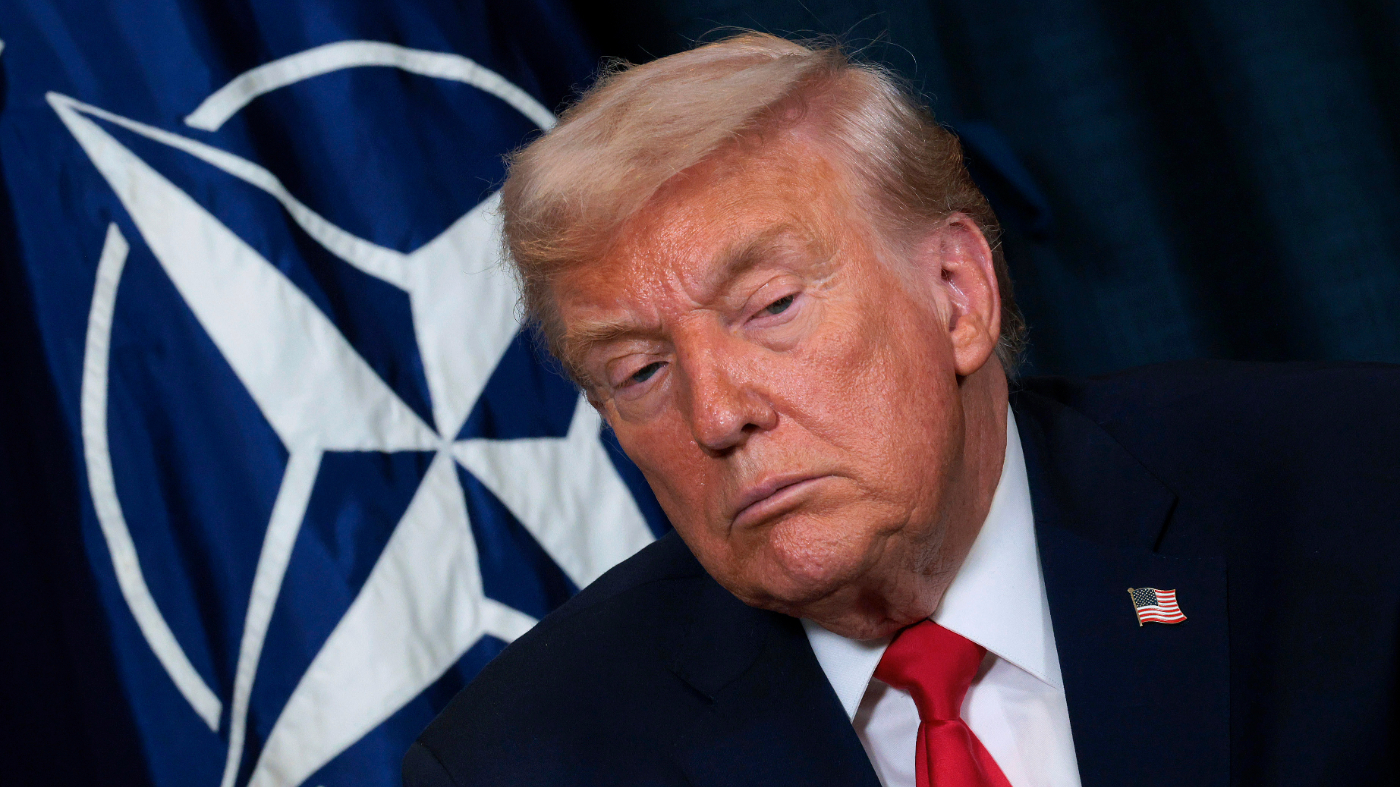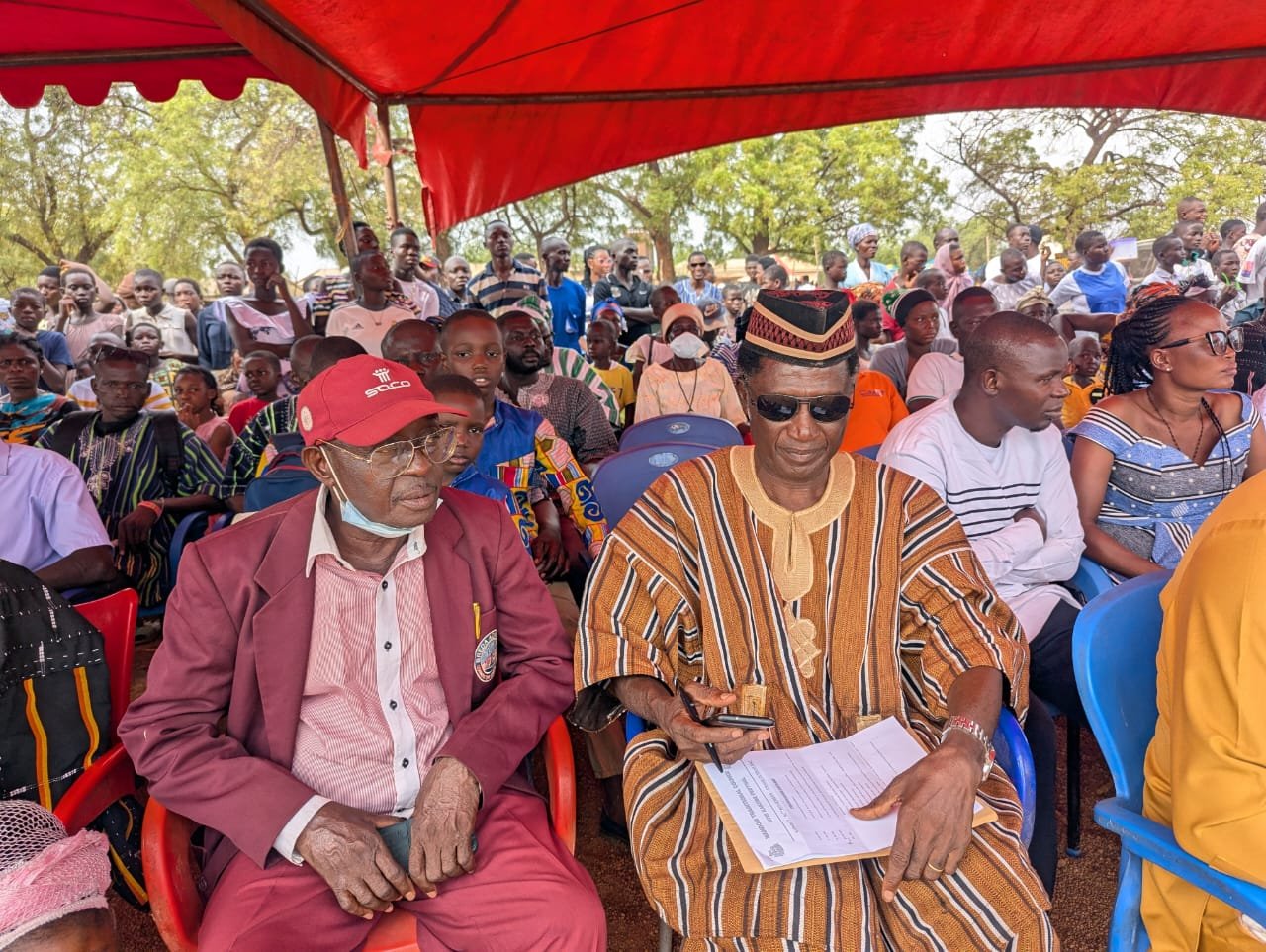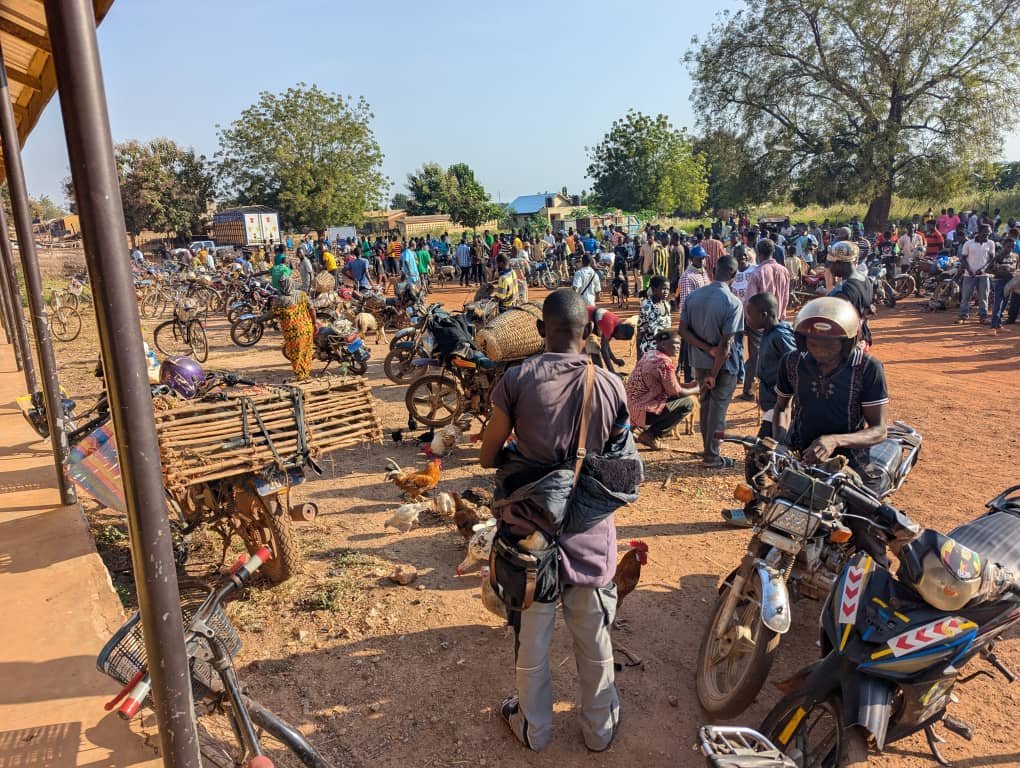The Ghana Immigration Service (GIS) has announced the arrest of 2,244 individuals identified as street beggars, with 90% of them being Nigerien nationals. Of these, 925 have been deported in a concerted effort to address the growing issue of street begging in urban areas, particularly in Accra and Kumasi.
This initiative is part of a broader campaign by the Ghanaian government to mitigate the challenges posed by streetism and to uphold public order and sanitation standards. The presence of foreign beggars has raised concerns about public health, safety, and the strain on local resources.
In collaboration with the Embassy of Niger, the repatriation process was carried out smoothly, ensuring that the deported individuals were returned to their home country without incident. This joint effort underscores the importance of diplomatic cooperation in addressing cross-border social issues.
The Ghana Immigration Service (GIS) has emphasized its unwavering commitment to upholding immigration laws and maintaining public order, particularly in the wake of recent operations targeting undocumented street beggars.
In a statement issued on May 20, 2025, the GIS reaffirmed its dedication to conducting operations that are both fair and firm, ensuring that all actions align with national security interests and the country’s development goals.
The GIS has temporarily suspended further arrests to prevent overcrowding at its detention facilities, ensuring that the rights and well-being of detainees are respected during the repatriation process. Despite this pause, the GIS has made it clear that the operation will resume in due course as part of broader efforts to rid the streets of beggars and dismantle associated criminal networks.
The Service has called upon the media, civil society, and the general public to support its mission, emphasizing that its approach remains professional and rights-respecting. The GIS continues to work closely with the Embassy of Niger to ensure that the repatriation process is carried out smoothly and humanely, underscoring the importance of diplomatic cooperation in addressing cross-border social issues.











